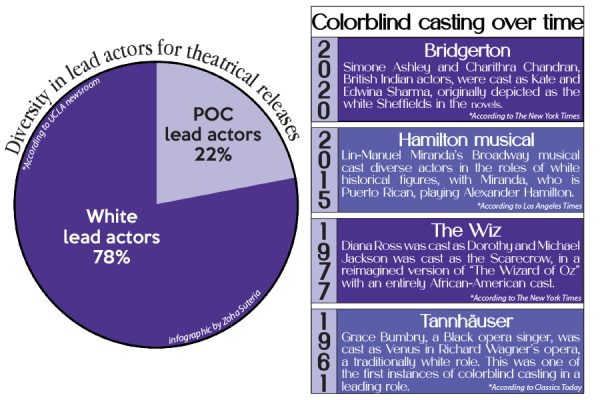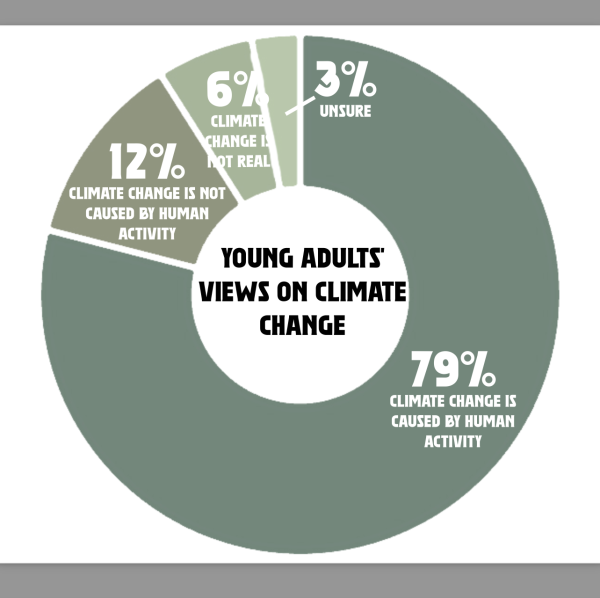Failure implicates necessity to evaluate, not digress from progress
December 18, 2015
When I was eight-years-old, I was to play at my first piano recital. At that point, I had only been playing for a few months, and my teacher gave me the freedom to showcase any song of my choosing. Searching my grandma’s house, I found a wrinkled, yellowing piece of sheet music of a song that my late grandfather loved.
Simply looking at the piece made me picture my aunt (the person who inspired me to learn how to play), her fingers elegantly gliding across the keys to play the difficult tune, while my grandfather smiled gratefully in a rocking chair next to the upright piano. That moment I knew I had found the piece for my recital.
However, upon first glance, my piano teacher shut it down, saying that I wouldn’t be able to learn the entire piece by the recital. She said she wouldn’t allow her student to work on a piece that would surely end in failure, but I was adamant. And I still remember my grandma’s proud face in the audience as I stood to accept applause after playing it at the recital.
Now, this isn’t a story about the little eight-year-old pianist that could. Rather, it’s about resilience and believing in yourself in the face of prospective failure.
The book Mindset: The New Psychology of Success by Stanford psychologist Carol Dweck, emphasizes the power of an individual’s mindset, the belief in whether or not you will succeed. Your personal state of mind lessens or augments the impact of failure in your life.
Fixed mindsets are owned by those who sit at the top of the top, unable to improve because they believe they are already the best of the best. Though failure is few and far between for them, it’s harder to bounce back. If you did your best and it wasn’t good enough, fixed mindset people can’t fathom the fact that life continues.
Growth mindset, on the other hand, takes failure as a starting point, rather than rock bottom. When faced with failure, growth mindset individuals seek to develop what they believed to be their best to even greater heights and “grow” into the successful individual they aspire to be.
As cliché as it may sound, everyone should aspire to be of growth mindset. Unsuccessful attempts should inspire the desire to do better, not wallow in sadness. Twenty years of research conducted by Professor Dweck go to show that this theory isn’t just conventionally known, but scientifically proven.
Don’t get me wrong, my life isn’t full of eight-year-old piano prodigy equivalents of success. I’ve failed tests, failed to get positions I’ve felt entitled to and, yes, even failed to learn piano pieces by the time the recital rolled around.
Most notably, I experienced failure when I didn’t get into a university journalism summer workshop this past year. I felt that my journalistic repertoire, which I had been developing for nearly three years, was enough to get me in. I worked on my application for months, gathering an impressive portfolio and editing every aspect of my application to the best of my ability.
In spite of my best efforts, I was put on the waitlist. Not yet directly rejected, I held onto that last string of hope for two weeks, ultimately reading an email that sealed my fate. The first sentence read, “I’m afraid we will not be able to enroll you in the program this summer.”
I’m not going to lie: I was devastated. That simple 15-word sentence made me lose all faith in my abilities as a journalist. I put so much time, effort and endearment in this program, and being rejected convinced me that I just wasn’t as good as I thought.
Fortunately, I only had this mindset for a short while. As a now self-proclaimed person of the growth mindset, I refused to let this bog me down. Instead, I developed my journalistic skills. I interned at the Glenview Lantern; I earned a position on a national youth journalism leader board; I even attended another university journalism program that same summer.
Like me, everyone has the ability to change their mindset about failure and learn to embrace it. As Dweck said in her book, “Failure is an opportunity, not a condemnation.” So, take advantage of those low points in your life, because hitting rock bottom merely provided you with the soil you needed to grow.














